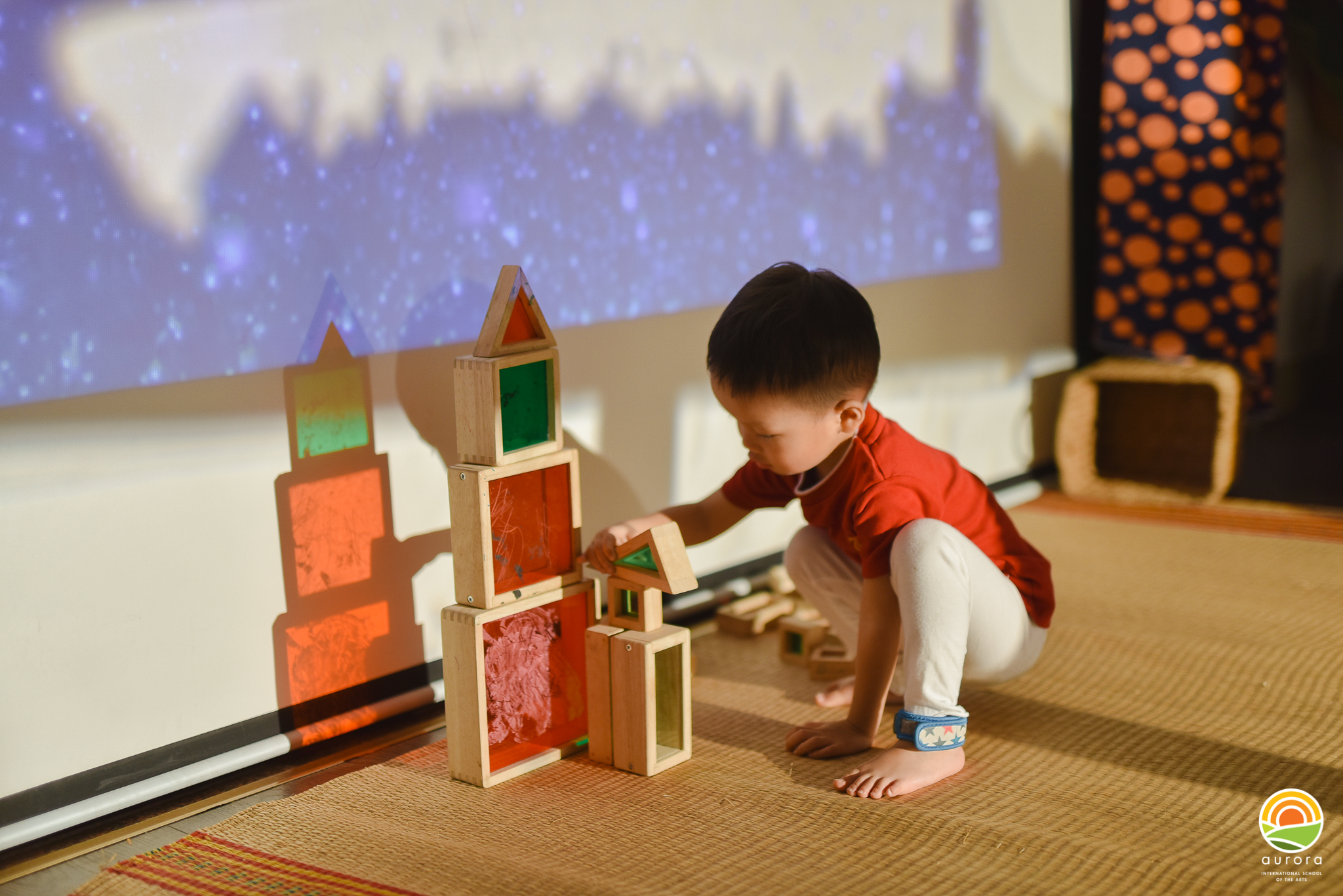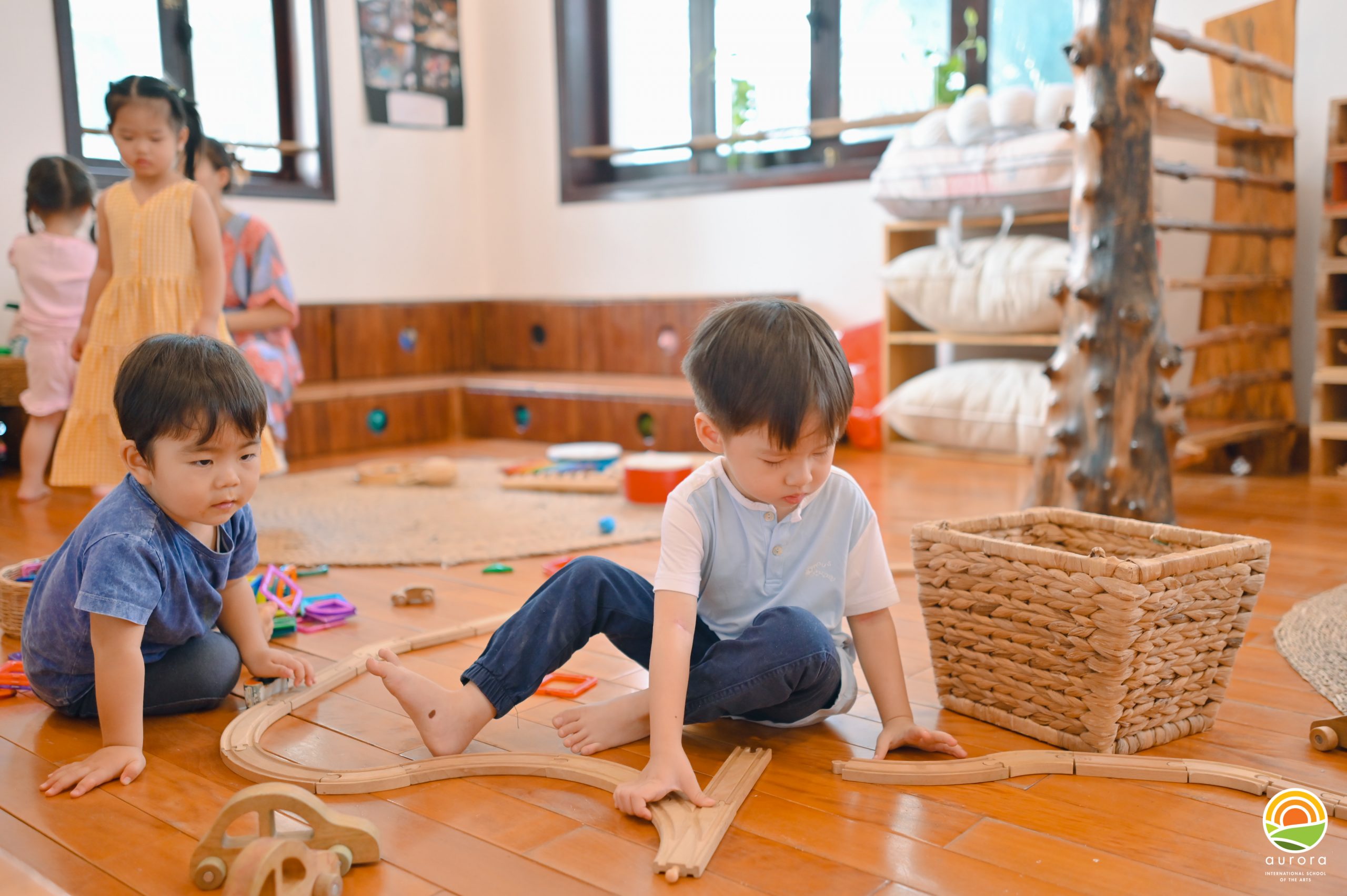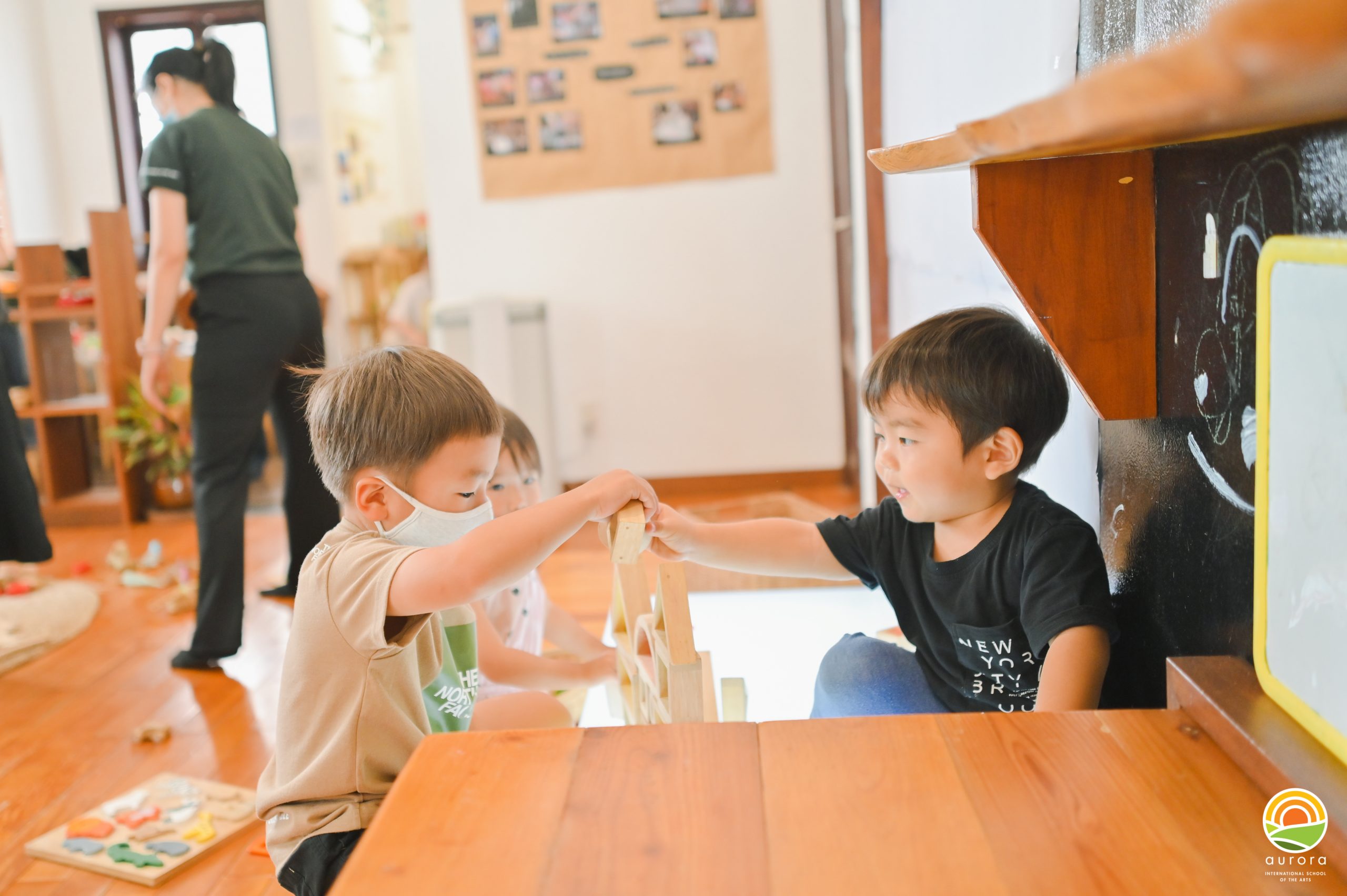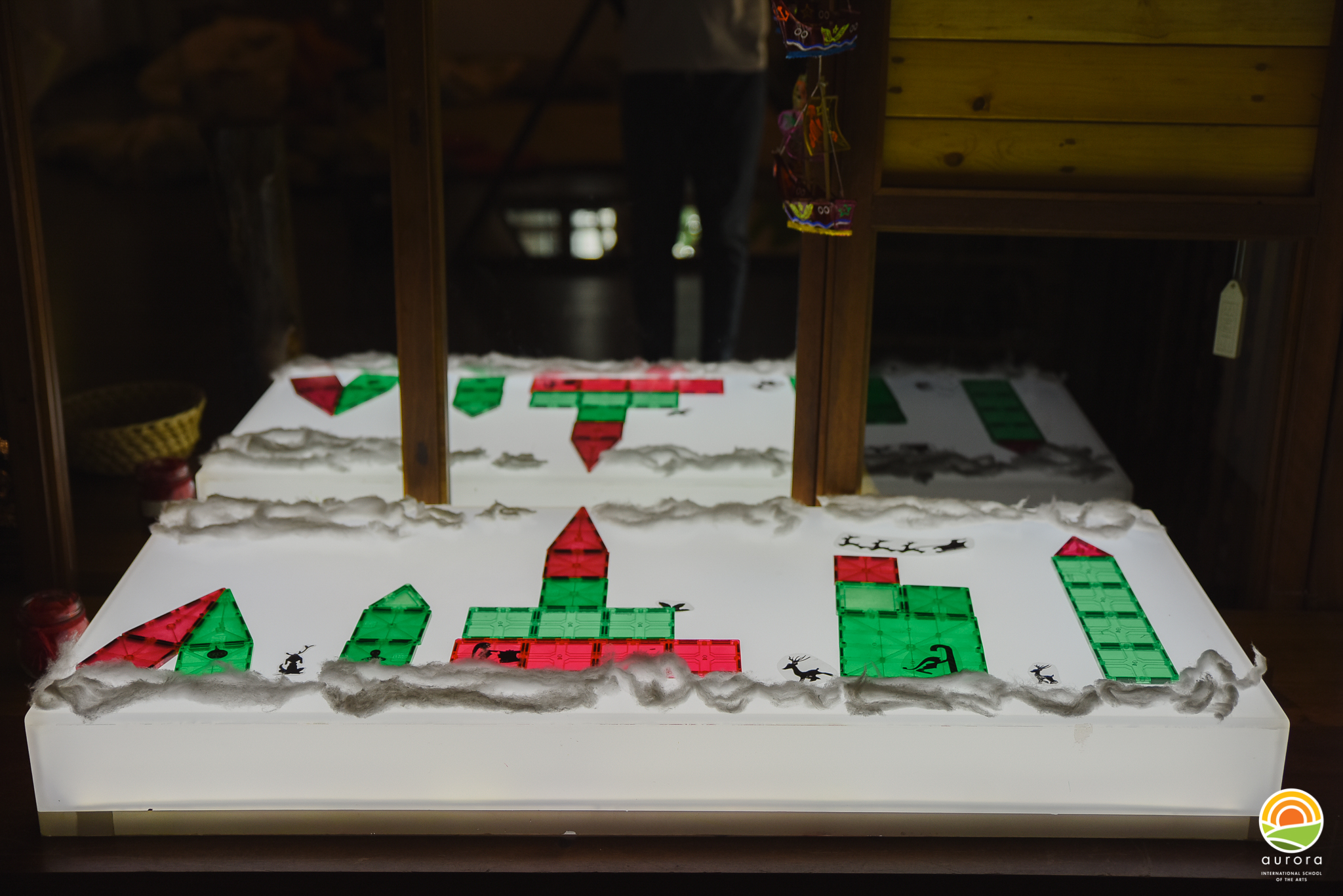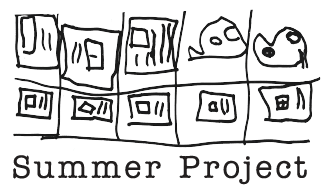ROLE OBJECTIVE
As a Nursery Teacher you will be responsible for providing a nurturing and stimulating environment for infants and toddlers. You will play a vital role in implementing the principles of education project of Reggio Emilia, fostering the holistic development of young children, and supporting their early learning experiences.
The role of teacher as a co-constructor of knowledge, a creator of the environment as the third teacher, a supporter of the competent child, a documenter and researcher, and a partner with parents.
RESPONSIBILITIES
1. Care and Development
– Provide a safe, secure, and nurturing environment for infants and toddlers, meeting their physical, emotional, and developmental needs.
– Establish positive relationships with each child, building a sense of trust and attachment.
– Support the development of fundamental skills, including language, communication, fine motor, and gross motor skills.
2. Curriculum Planning and Implementation
– Create a stimulating environment that encourages exploration, sensory experiences, and social interactions.
– Facilitate age-appropriate explorations and play opportunities that promote cognitive, physical, social, and emotional development.
– Collaborate with the teaching team to develop and implement an emergent curriculum that aligns with the Reggio Emilia Experiences, Te Whāriki: Early Childhood Curriculum of New Zealand, and the specific needs and interests of the children in your care.
– Engage in ongoing observations of children’s explorations, interests, and developmental progress to inform planning.
– Design the learning contexts and facilitate learning experiences that promote exploration, creativity, problem-solving, and critical thinking.
3. Relationship Building and Communication
– Build positive and responsive relationships with parents and families, fostering open lines of communication and collaboration.
– Regularly communicate with parents about their child’s daily explorations and growth.
– Involve parents in their child’s learning journey, seeking their input and insights into their child’s development and interests.
– Maintain accurate records of each child’s progress, including observations, developmental milestones, and individual goals.
4. Environment Design and Documentation
– Create an inspiring, inviting, and aesthetically pleasing learning environment that supports the unique needs and abilities of infants and toddlers.
– Set up the transformative spaces and design the learning contexts together with children through open-ended materials, resources, and provocations that encourage exploration, sensory experiences, and imaginative play.
– Documenting and researching children’s learning journeys through observations and learning contexts. This includes listening, capturing the children’s voices, thoughts and ideas, valuing the hundreds of language of children.
– Forms of documentation include Storypark (group and individual learning journey), the annual project publication and the documentation panels in classrooms and the school.
5. Professional Development and Collaboration
– Engage in professional development opportunities to deepen your understanding of infant and toddler development, the education project of Reggio Emilia, RIE approach, and best practices in early childhood education.
– Collaborate and research with colleagues to share ideas, resources, and strategies for supporting young children’s learning and development.
– Reflect on your own practice and participate in ongoing self-assessment and goal setting to enhance your teaching skills and approaches.
6. Qualifications and Skills
– A recognized qualification in Early Childhood Education, in accordance with Vietnam regulations with 3 years experience
– Experience working with infants and toddlers in an ECE setting, with a strong interest in Education project of Reggio-Emilia, R.I.E Respectful Infant Care, knowledge of Te Whāriki: Early Childhood Curriculum of New Zealand is an advantage.
– Sound knowledge of infant and toddler development, attachment theory, and best practices in early childhood education.
– Excellent communication and interpersonal skills, with the ability to build positive relationships with children, families, and colleagues.
– Strong observation, research and assessment skills, and the ability to use documentation as a tool for reflection and communication.
– Creativity, flexibility, and adaptability in designing and implementing developmentally appropriate experiences.
– Ability to work collaboratively as part of a team and contribute to a positive and supportive work environment.
Contact: Aurora People and Culture Team
– Email: career@aurorareggio.com; PCteam@auroraschool.vn
– Phone number: (+84) 28 3744 2993

